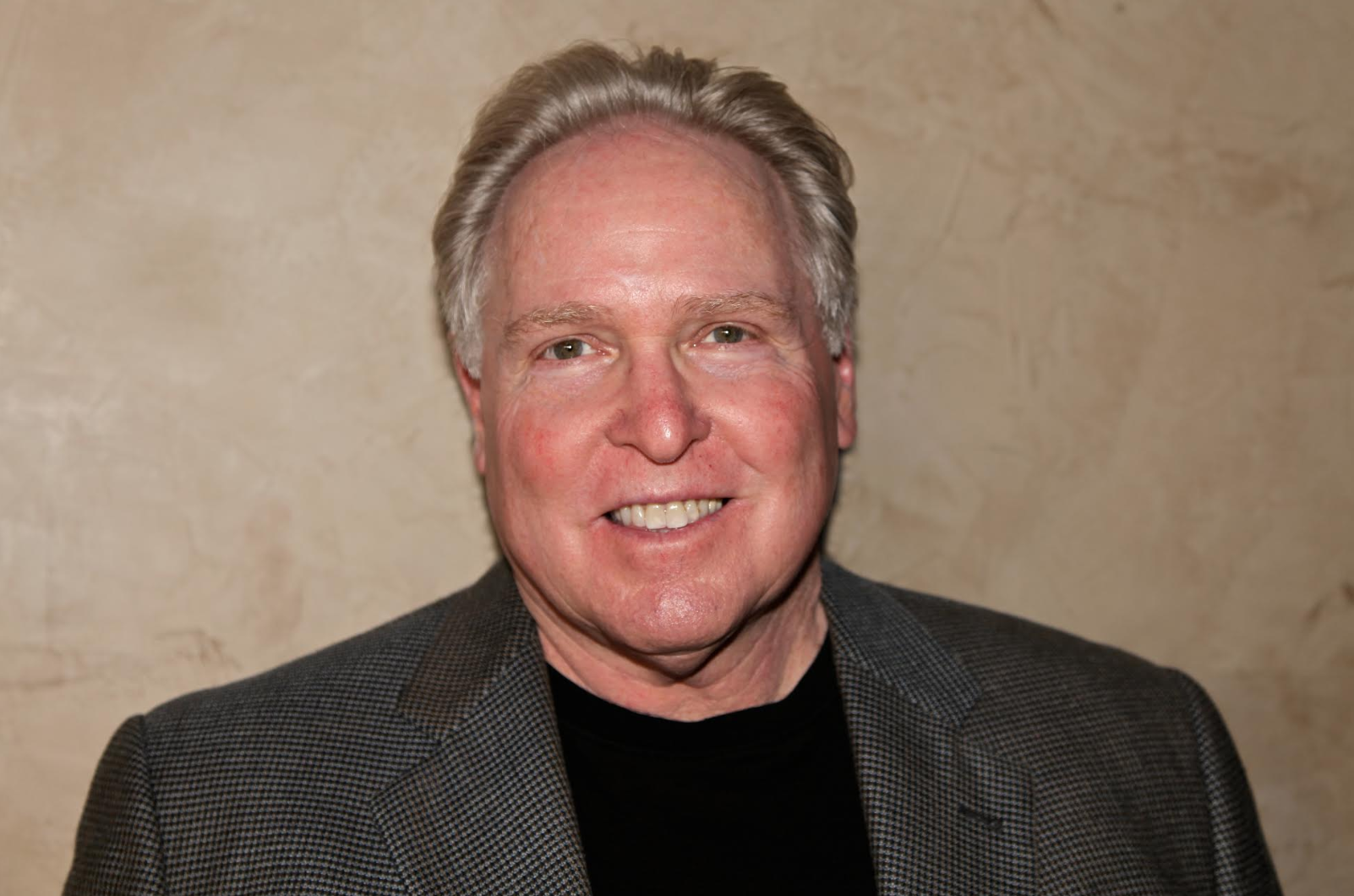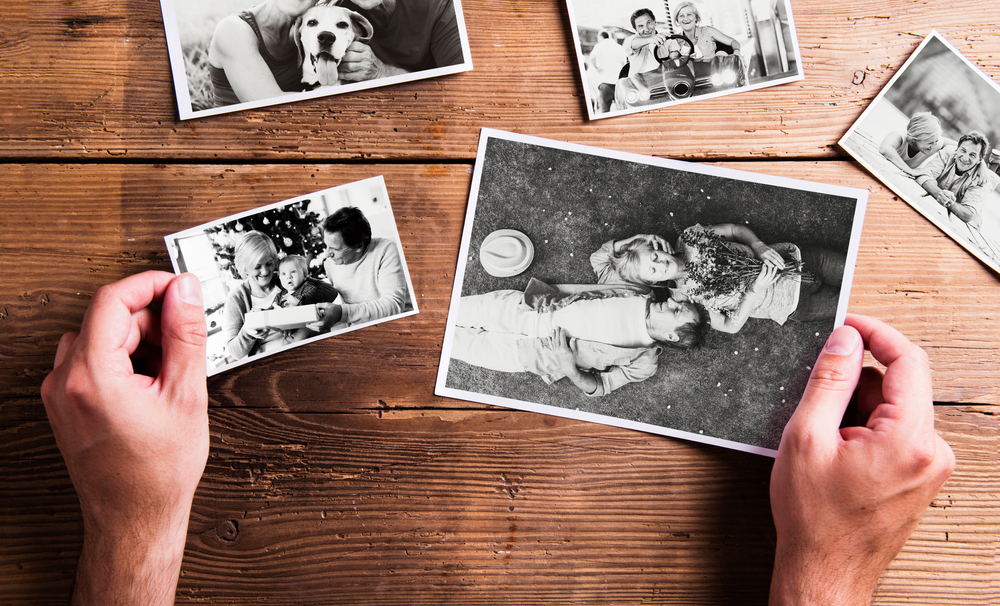This is the third article in a series for Thrive Global on how to flourish in the second half of life. In the first two articles, I explored taking our heart’s inventory, building an attitude of gratitude, and upgrading our self-care. Here, we’ll explore how to heal after a significant loss; and adopt a code of honor that allows us to turn our losses into opportunities for becoming the better, kinder, more compassionate, and courageous versions of ourselves.
Many years after the tragic death of Princess Diana, CNN asked me to appear on a program with her sons, Prince William and Prince Harry. At that time, the United Kingdom was in the midst of an initiative to improve understanding and compassion around mental health issues, and part of that undertaking was a dialogue about grief. Having endured my own personal tragedy — the death of my 21-year-old daughter, Jenna — and having devoted a good part of my life to helping others deal with devastating losses, I’d become a trusted expert and was frequently asked to help the general public after a disaster or tragedy.
Both Prince William and Prince Harry had decided that they were finally ready to talk about how their mother’s death had affected them. They said that, at first, they’d tried to avoid dealing with the loss. In fact, the entire royal family had tried to spin and speed their way through grief and loss. Both men explained that they’d tried to be good Brits by keeping stiff upper lips — and hid, denied, and avoided their feelings about the death of their mother.
But the truth, as they shared, was that after their mother’s death, they were shattered. With time, they realized that there was nothing wrong with them for feeling deep sorrow and confusion about what had happened and how their lives had been changed forever. They’d endured an unspeakable tragedy, and what they felt in its wake was devastating. How could they not feel completely heartbroken? And how could they possibly move forward without understanding and support, as well as “permission” from those around them to be young boys who’d lost their mother?
On international television with the two young men, I spoke openly about the limits and dangers of living in grief-illiterate cultures. As part of our cultural avoidance of death, it’s common for people to suggest that we simply “get over” our losses. While we’re grieving, those around us often feel a pressure to “fix” us by removing our sorrow and invoking feel-good clichés, such as “They’re in a better place,” rather than finding ways to support and stand with us as we go through the grieving process.
Much of the support we do receive in the aftermath of tragedy when we’re in survival mode can be extremely helpful. But as the shock wears off and reality sets in, even well-intentioned family members, friends, and coworkers can say insensitive or irrelevant things — or invoke false assurances like the one I received after my daughter’s death: “Everything works out for the best.” They have good intentions, no doubt, because they’re truly doing what they can to make us feel better—and assure us that everything’s eventually going to be okay. But clichés and false assurances may only serve to ease their own feelings of discomfort, but they do not in any way speak to the deep sorrow we’re feeling.
Indeed, in our grief-illiterate culture, there seems to be an abiding belief that there’s a pill for every pain, a fix for every problem, and a diversion for every moment of emptiness. On that CNN broadcast with Prince William and Prince Harry, I affirmed the importance of giving ourselves permission to grieve, to be human, and to summon newfound courage to honor those we’ve lost.
Sometimes life asks us to unburden ourselves of the pain and keep the faith in our moments of sorrow and despair. Reaching for some sort of religious, psychological, or spiritual quick fix may provide temporary relief, but we soon discover that there’s no way to get over, under, or around grief. By surrounding ourselves with supportive individuals, showing ourselves compassion, and making the rest of our lives an expression of our love, however, we can rise up out of the ashes of our sorrow and find a fullness behind the emptiness, a “found-ness” behind the “lost-ness,” a feeling of wholeness that arises from allowing that part of ourselves to be broken. Summoning the strength, courage, and faith to turn an unspeakable sorrow into love is one of life’s great miracles. And it is within each of us to do so.
Loss changes us forever. As author Barbara Kingsolver so eloquently put it: “You don’t think you’ll live past it. And you don’t, really. The person you were is gone.” So how do we live on? How do we keep from letting our despair become the central organizing principle of our lives?
Having now worked with literally thousands of individuals, families, communities, and organizations in the aftermath of devastating tragedies, and having found a path to healing and honor after the loss of my own daughter, I‘ve developed a road map called “The Six Honorings.” These six steps are a gentle guide for surviving the loss of loved ones and honoring them in the way we live out the rest of our own lives.
The First Honoring: Survive the death of those you love.
The first way in which we honor those we’ve lost is to survive their deaths. We allow ourselves time to mourn, acknowledging that grieving a loss is as natural and normal as bleeding when we’re cut. By allowing our sorrow, and giving ourselves permission to go through a period of brokenheartedness, we find healthy outlets for voicing feelings of anger, guilt, sadness, fear, despair, and confusion. As we survive loss, we learn to show ourselves newfound strength, understanding, patience, and compassion. Somehow, with the loving support of family and friends, and a willingness to take exceptionally good care of ourselves, we summon the will and courage to go on.
The Second Honoring: Do something good in their names.
You may choose to do something as simple and elegant as lighting a memorial candle or planting a tree, or as elaborate as starting a nonprofit foundation in their names. Families who’ve lost loved ones to alcoholism or addiction, for example, may choose to speak out about the pandemic of substance abuse in this country. Those who’ve lost loved ones to cancer may help fund cancer research or treatment programs. And those who’ve lost loved ones in the military may become advocates for returning veterans. In these ways, those who survive are doing something meaningful and noble in the names of those they’ve lost.
The Third Honoring: Cultivate a spiritual relationship with your loved ones.
We used to be able to pop over for a visit or pick up the phone and hear their voices. Now, we know we aren’t going to see, hear, or be with them again — at least not in the way we’re used to. That’s why the Third Honoring is to begin to cultivate a spiritual relationship with these individuals. I may not be able to say with any degree of certainty what happens when we die, or whether life goes on in any way, but I can continue to tell my mother that I love her… and feel her love. I continue to say out loud, “How’s my favorite mother today?” the way I used to when she was alive. Expressing the love that never dies, in a spiritual sense, does not stop us from missing those who’ve passed or experiencing sorrow. But it can provide us with a healthy outlet for expressing the love we have in our hearts and receiving theirs.
The Fourth Honoring: Embody an element of their spirit.
Whether it’s their enthusiasm, kindness, sense of humor, or even their irreverence, choose a beautiful, eternal aspect of a loved one’s personality and begin to embody it. I remember deciding to honor my daughter Jenna by being “more understanding of people I disagree with,” the way she was. I’ve been cultivating that quality in my life and think of her every time I’m faced with the choice to be impatient and judgmental or patient and understanding.
The Fifth Honoring: Write new chapters of life.
This honoring — summoning the courage to go on with our own lives and write new chapters — can be very challenging. To the best of our ability, we must take steps to begin living out the rest of our lives. As we learn to resist entering the torture chamber of guilt, obsessing about what could have or should have been done or prosecuting the “Casting Director” for someone’s death, the blessings of having had that person in our lives and acknowledging the reality that bad things do happen allows us to move forward.
Rather than beating ourselves up for what did or didn’t go well, we think about the loving, caring, joyful times we had together, the ways we were good to one another. When we lose our parents, we can think about the ways we were exemplary sons and daughters — forgiving them and ourselves for the ways we might have all done better. After letting go, we begin to find new ways to move on and make new memories.
The Sixth Honoring: Take the high road.
Sadly, many families were torn apart in the rawness of grief after horrific tragedies such as 9/11 and Sandy Hook. To deal with this after 9/11, I started a program called “Take the High Road” in which surviving family members agreed to treat one another with patience, kindness, respect, humility, compassion, and understanding as an expression of their love for those who’d died. Rather than allowing the dark aspects of grief to destroy their families, close friendships, schools, companies, and communities, they would appeal to each other’s “better angels.”
NOTE: These Six Honorings were excerpted (and edited for clarity) from Dr. Druck’s book Raising an Aging Parent: Guidelines for Families in the Second Half of Life (pp. 174–176).


